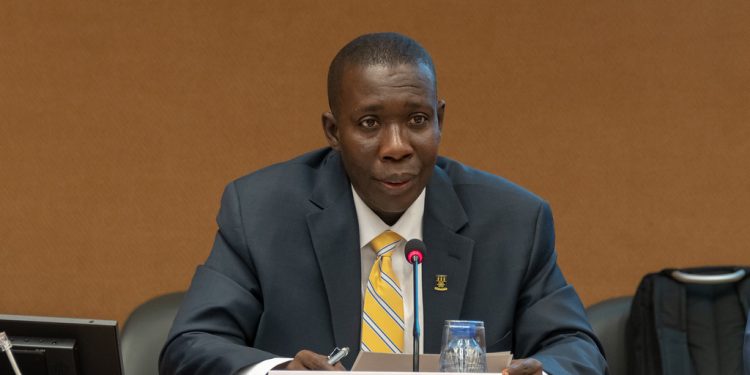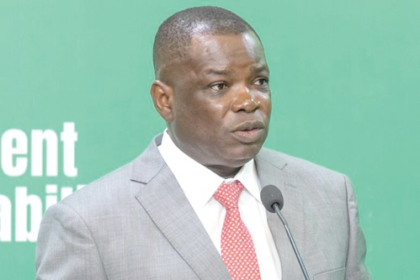Economist Professor William Baah-Boateng has raised concerns over the frequent fluctuations of the Ghanaian cedi, warning that the instability poses significant risks to the national economy. He has called on the Bank of Ghana (BoG) to take urgent steps to stabilise the currency.
Speaking on the Citi Breakfast Show on Monday, October 20, Prof. Baah-Boateng stressed that both rapid appreciation and depreciation of the cedi can disrupt economic planning and negatively impact various sectors.
“Stability is the best. Constant appreciation or depreciation is not helpful,” he said. “Recently, we moved from GHS12 to GHS10 — that’s almost a 20% shift. While some may benefit, the overall effect on the economy is negative.”
He explained that the recent appreciation of the cedi, while seemingly positive, could actually undermine government revenue and reduce export earnings, especially in key sectors like cocoa.
“With the cedi moving from GHS12 to GHS10, government revenue will take a hit. Exporters, particularly cocoa farmers, will see reduced margins. This kind of appreciation erodes the expected benefits for our farmers,” he noted.
Prof. Baah-Boateng urged the central bank to avoid allowing extreme swings in the currency’s value. He pointed to a recent example where the cedi depreciated from GHS10.5 to GHS12.5 before appreciating again.
“These wide fluctuations are problematic. The Central Bank should not allow such volatility. Once we reached around GHS10.5, we should have maintained some level of stability instead of swinging back and forth.”
His comments align with concerns recently raised by fellow economist Professor Godfred Bokpin, who warned that Ghana’s excessive focus on managing the exchange rate could undermine broader efforts to ensure long-term economic stability.
Prof. Baah-Boateng concluded by emphasizing that currency stability is critical for both investor confidence and effective economic planning, urging the BoG to adopt a more consistent approach to managing the cedi.















